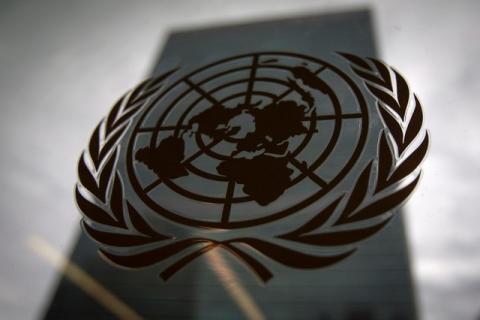Advertisement
Congo soldiers accused of attacking civilians - report
BRAZZAVILLE (Reuters) - Soldiers in Democratic Republic of Congo's army have taken part in at least three deadly attacks on civilians and turned a blind eye to other assaults carried out by rebels, a former U.N. investigator said in a report released on Friday.
Spokesmen for Congo's government and army did not immediately respond to requests for comment on the allegations by the Congo Research Group at New York University, headed by Jason Stearns.
More than 500 people have died in a wave of machete attacks and other raids in Congo's east since Oct. 2014, rights groups say.
The government has blamed most of them on the Allied Democratic Forces (ADF), a Ugandan Islamist group that has operated in eastern Congo since the 1990s.
But Stearns said witnesses and other evidence showed soldiers had participated in at least three attacks near the town of Beni between Oct. 2014 and March 2015.
"We have collected matching testimonies on the involvement of (army) soldiers in certain massacres and also several general testimonies of (army) officers that confirm this complicity," the report said.
The soldiers' motives were not clear, the report added, but it said there was evidence of past collaboration between army officers and the ADF in timber trafficking. Ethnic rivalries could also be involved in some cases, it said.
Two colonels were convicted by a military court in Nov. 2014 in connection with the assassination of the commander of operations against the ADF near Beni earlier that year.
Millions died between 1996 and 2003 in regional conflicts in Congo's east, mostly from hunger and disease. Dozens of armed groups continue to prey upon the local population and exploit the area's natural resources.
The report said the repeated failure by army units, sometimes stationed close to the attack, to respond promptly suggested some officers had given orders not to intervene.
The failure to respond to attacks was noted by a parliamentary mission report in Nov. 2014 and a report by the current U.N. panel of experts in Congo last year.
"If you ask questions to understand why, they whip you," one noncommissioned officer told researchers about orders not to intervene.
Stearns is a former coordinator of the U.N. panel of experts in Congo.
(Reporting By Aaron Ross; Editing by Edward McAllister and Andrew Heavens)



















Add new comment